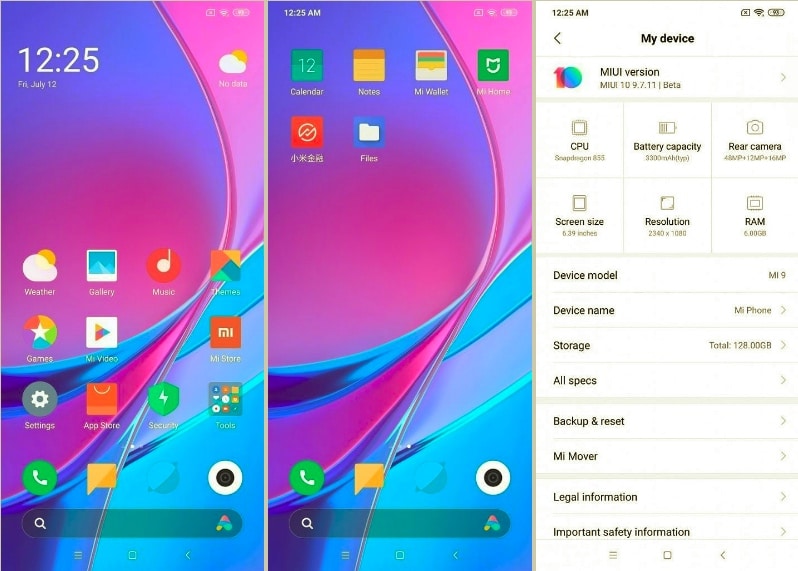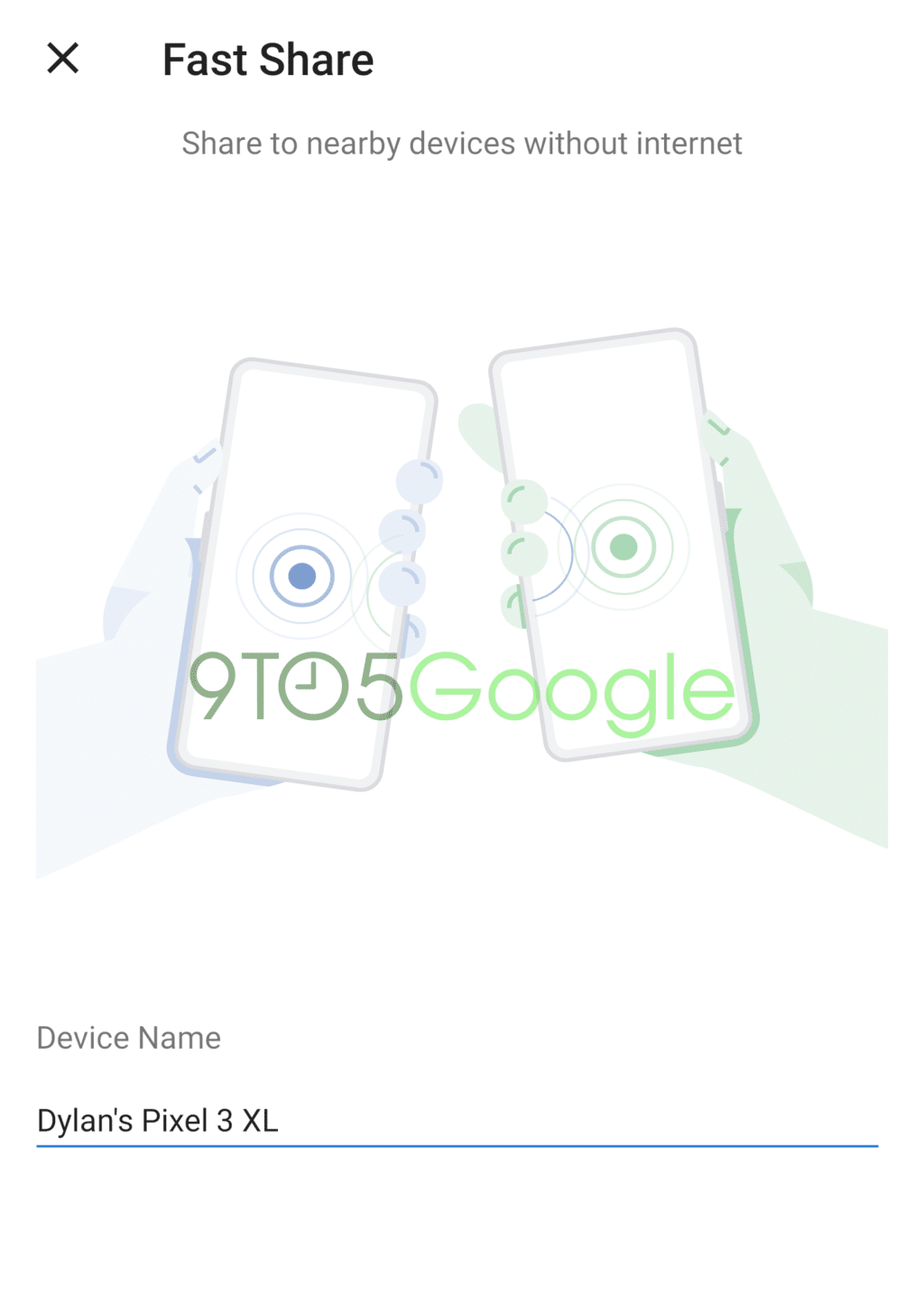
Google today announced the first beta of Android Q which comes with a number of changes and improvements. The update focuses more on privacy and security while also adding support for hardware devices and technology that we will see become commonplace in 2019.
For now, Google has only released a beta of Android Q for compatible Pixel devices. The first release of the OS is far from ready for public use and primarily meant for developers to try out Q and prepare their app for all the changes that it brings.
Below is a rundown of some of the new features that Android Q introduces.
Precise Location Control
Starting with Android Q, users will have an option to provide location access to an app only while it is being used. Right now, users can either grant or deny location access to an app which leads to many apps silently tracking the location of their users in the background. With this change, users can prevent this and limit location access to apps only while they are being used.

New Runtime Permissions
Google is further improving its permissions model with Android Q to make it more privacy-friendly. Users will be able to control an application’s access to the Photos, Videos, or Audio collections via new permissions. All apps accessing Downloads must make use of the system file picker as well.
Similarly, apps running in the background will no longer be able to suddenly jump in the background. Instead, they will have to use high priority notifications and full-screen intent.
More Privacy
Google is further limiting access to data like IMEI, serial number, and other such identifiers to apps. It will also randomize the MAC address of the device every time it connects to a new Wi-Fi network.
Sharing Shortcuts
Google is finally revamping the Share menu in Android Q and making it notably faster. It is also introducing Sharing shortcuts which will allow users to directly share content with users inside apps. Share targets are published in advance to ensure that the Share UI loads instantly when triggered.

Apart from the above, Android Q also introduces support for a new of new technologies.
- Support for foldable devices
- Refactored Wi-Fi stack
- Adaptive Wi-Fi for high-performance mode
- Support for AV1, HDR10, Opus codecs
- Improved ART performance
Android Q comes with plenty of other changes aimed at improving the overall experience of using the OS. Almost every aspect of the OS has been touched by Google in some way to ensure its design aligns with Material Design 2.
The final version of Android Q will be released for compatible Pixel devices in Q3, 2019.
[Via Android Developers]














